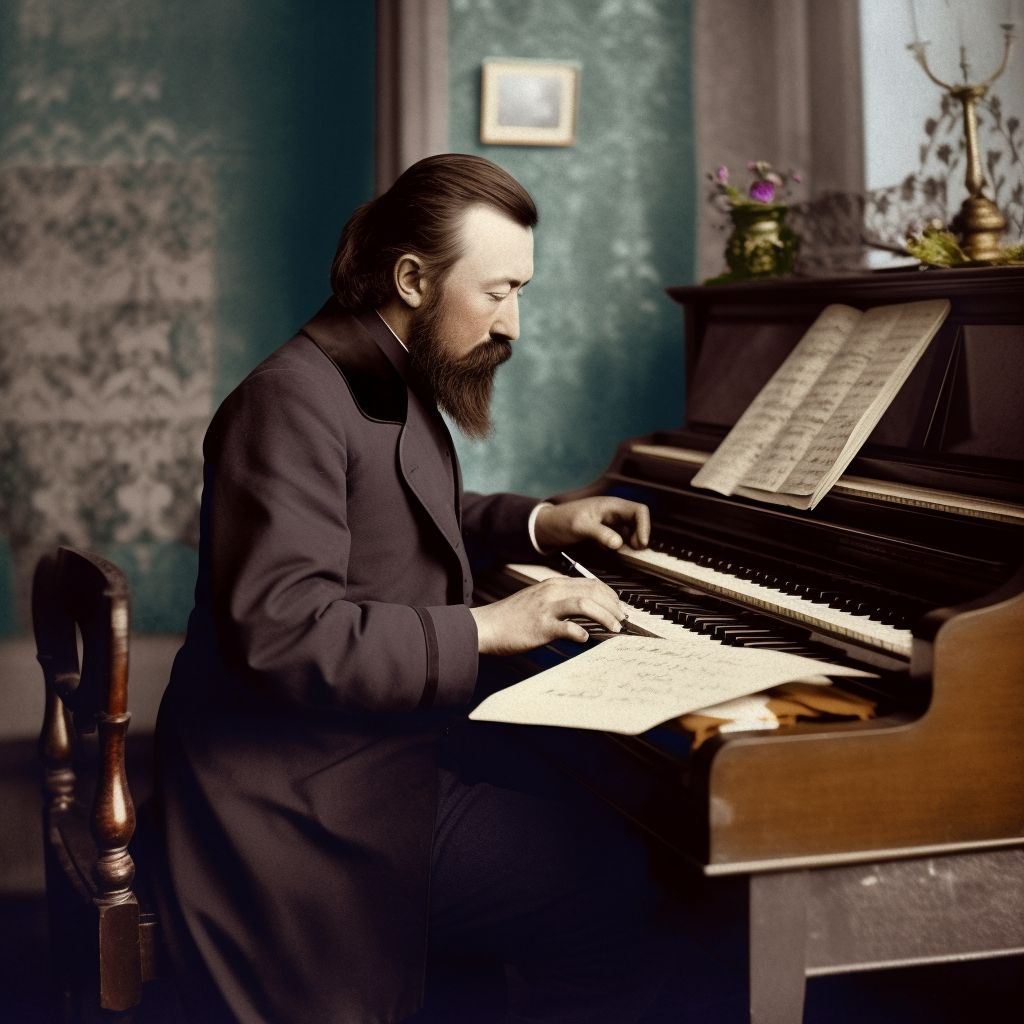Composer
The profession of composers in the 19th century was marked by the emergence of new musical styles, the rise of the middle class, and the rapid technological advancements that had begun to shape the world. By 1880, composers were navigating a landscape of evolving musical tastes, finding new audiences and patrons, and exploring the potential of emerging technologies to enhance their creative work.
The Role of Composers
Composers in the 19th century were responsible for creating original musical works, ranging from orchestral symphonies and operas to chamber music and songs for solo performers. They were typically well-versed in the theories and techniques of their craft, often having studied at prestigious conservatories and apprenticed under renowned masters.
In addition to their creative pursuits, composers of the era often engaged in other aspects of the music industry, such as teaching, conducting, and performing. Many composers were also involved in the promotion and publication of their own works, seeking out performance opportunities and negotiating contracts with publishers.
Influences and Innovations
The 19th century was a time of immense change and innovation in the world of music. Composers drew inspiration from a wide range of sources, including the works of past masters, folk music traditions, and the rapidly evolving cultural landscape. Romanticism, characterized by an emphasis on emotion and individualism, dominated the early part of the century, while later decades saw the rise of new musical movements such as realism and impressionism.
Technological advancements also played a significant role in shaping the composer profession during this time. The introduction of the steam-powered printing press revolutionized the publication and distribution of sheet music, allowing composers to reach wider audiences and benefit from increased royalties. The development of new instruments and innovations in instrument manufacturing, such as the pianoforte and the valve system for brass instruments, provided composers with a broader palette of sounds and techniques to explore in their work.
The Impact of the Technological Revolution
While the composer profession in 1880 was still largely focused on traditional modes of music creation and performance, the technological revolution of the era had begun to make its mark on the industry. The invention of devices like the phonograph offered the tantalizing prospect of recording and reproducing music, opening up new possibilities for composers and performers alike.
Furthermore, the growth of the telegraph and the expansion of the railroad system facilitated communication and travel, making it easier for composers to collaborate, share ideas, and access new audiences. This connectivity fostered a sense of global community among composers and contributed to the cross-pollination of musical styles and traditions.
Conclusion
By 1880, the composer profession in the United States was marked by a spirit of innovation and progress, both in terms of the art itself and the industry surrounding it. Composers were exploring new musical styles and techniques, reaching new audiences through advances in printing and transportation, and beginning to engage with emerging technologies like the phonograph.
The 19th century was a time of immense change and opportunity for composers, who navigated the evolving landscape of their profession with creativity and determination. Their contributions to the art and culture of the era continue to resonate today, providing a lasting testament to the power of music to inspire, entertain, and connect people across time and space.
Type
Entertainment

